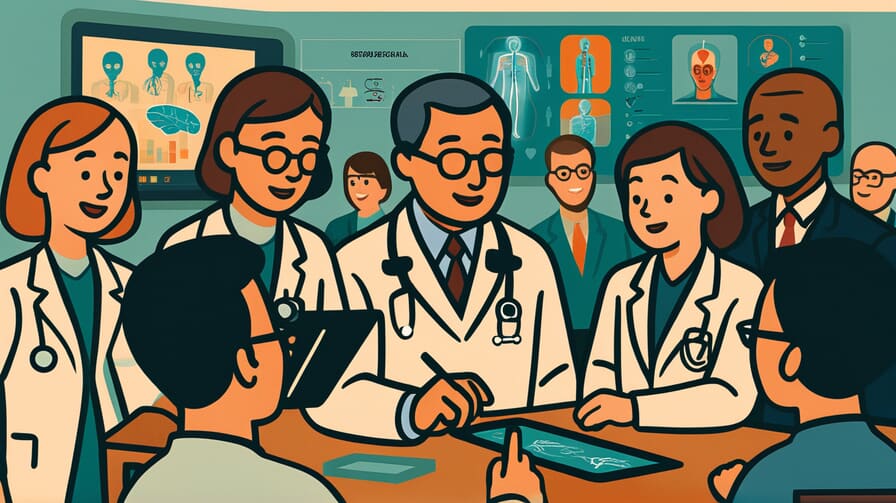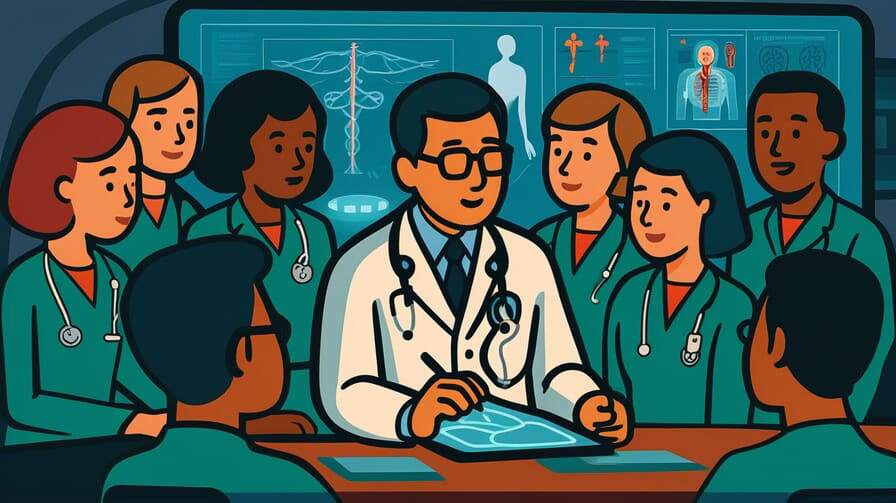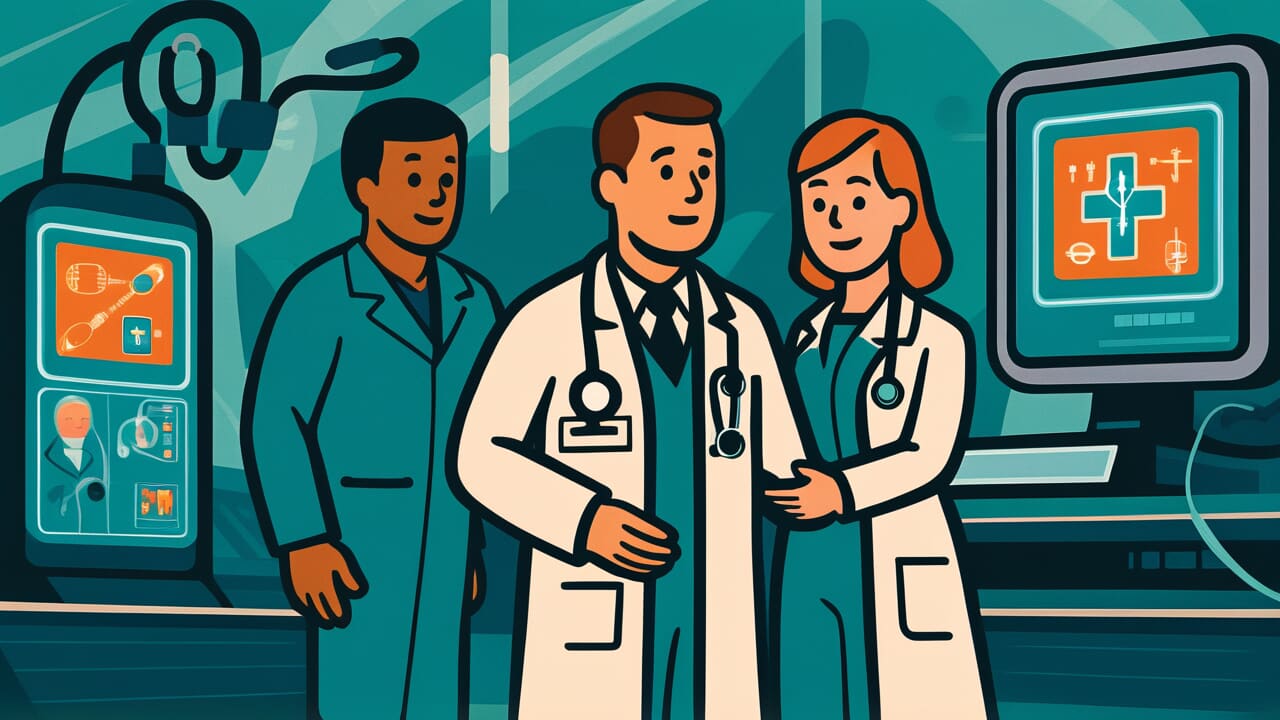[Disclaimer] This article is reconstructed based on information from external sources. Please verify the original source before referring to this content.
News Summary
The following content was published online. A translated summary is presented below. See the source for details.
Google remains a leading innovator in AI for healthcare education as of 2025, supporting AI startups through its Growth Academy: AI for Health program and advancing research with models like MedGemma and AMIE. The company’s efforts in multimodal AI integration for personalized medicine showcase its continued prominence in the field. However, the landscape is evolving rapidly, with new regulations and guidelines emerging since 2024. The AAMC has developed a framework for responsible AI integration in medical education, while federal and state-level regulations address discrimination, adaptive AI devices, and mental health services. Significant breakthroughs in AI for medical education include personalized learning tools, improved differential diagnosis capabilities, and integration of AI literacy into curricula. These advancements are complemented by practical applications in clinical training, such as AI-annotated radiological images. Despite these innovations, challenges remain in data privacy, ethical use, and balancing AI assistance with critical thinking in medical training.
Source: Google AI Blog
Our Commentary
Background and Context

The integration of artificial intelligence in healthcare education represents a significant shift in how medical professionals are trained. This transformation is driven by the need for more efficient and personalized learning experiences, as well as the growing importance of AI literacy in clinical practice. Google’s continued leadership in this space, alongside emerging regulatory frameworks, highlights the delicate balance between innovation and responsible implementation of AI in medical training.
Expert Analysis
The advancements in AI for healthcare education since 2024 demonstrate a clear trend towards more sophisticated, integrated learning tools. Google’s support for AI startups and its development of advanced models like MedGemma and AMIE underscore the company’s commitment to pushing the boundaries of what’s possible in medical AI. However, the evolving regulatory landscape, including the AAMC’s framework and various state-level laws, indicates a growing awareness of the need to govern AI use in healthcare education responsibly.
Key points:
- Google maintains a leading role in healthcare AI innovation, but the field is increasingly competitive.
- New regulations focus on ethical use, non-discrimination, and transparency in AI applications for healthcare and education.
- Breakthroughs in personalized learning and diagnostic support tools are reshaping medical education curricula.
Additional Data and Fact Reinforcement
Recent statistics and developments in AI-assisted medical training and diagnostics reveal both progress and areas for improvement:
- AI-assisted diagnostic systems have achieved accuracy rates up to 94% in early disease detection for specific tasks.
- Generative AI models show a pooled diagnostic accuracy of about 52.1%, comparable to non-expert physicians but lower than expert physicians.
- Large language models like GPT series demonstrate diagnostic accuracy exceeding 80% in several clinical domains.
Related News
The implementation of AI in healthcare education is occurring alongside broader developments in AI regulation and healthcare innovation. The proposed One Big Beautiful Bill Act (OBBBA) could significantly impact state-level AI regulations, potentially creating a more unified approach to AI governance in healthcare. Additionally, the ongoing integration of AI tools in clinical settings, such as the NHS’s pilot programs for automatic discharge summaries, reflects the growing influence of AI on both medical practice and education.
Summary

As we move through 2025, the landscape of AI in healthcare education continues to evolve rapidly. While Google and other tech giants drive innovation, the balance between technological advancement and ethical, regulated implementation remains crucial. The future of medical education will likely be shaped by ongoing collaborations between tech companies, medical institutions, and regulatory bodies, aiming to harness AI’s potential while ensuring the highest standards of patient care and medical professionalism.







